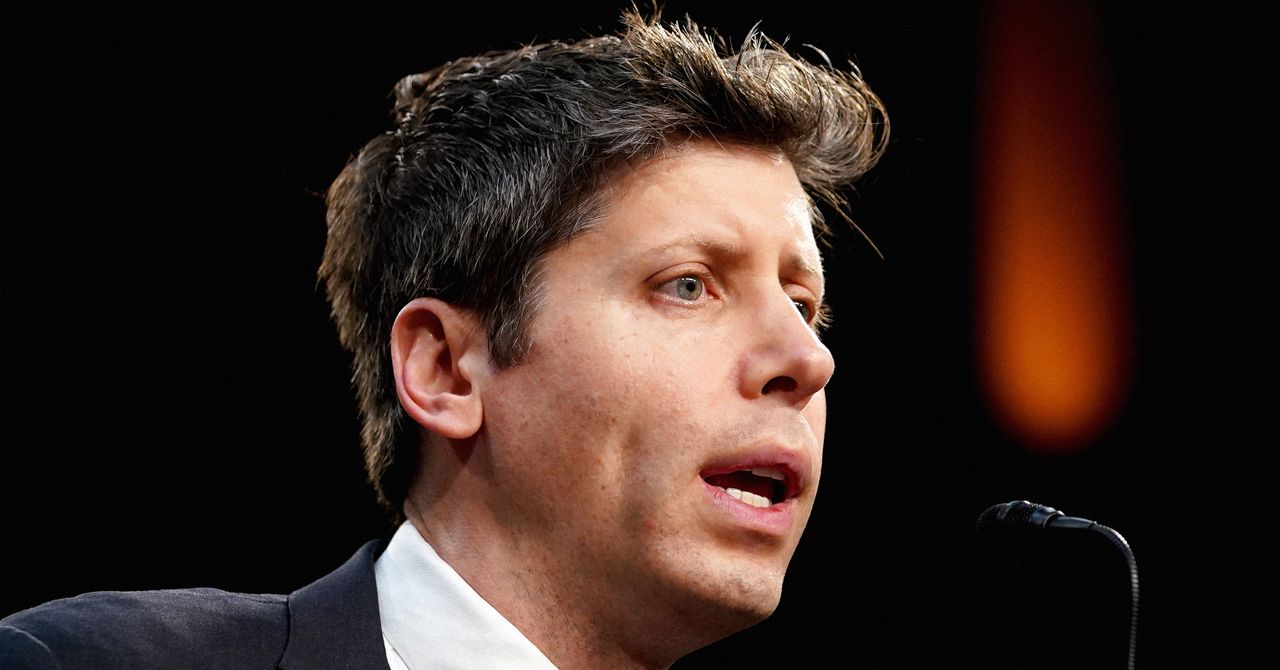A clause within OpenAI’s contract with Microsoft, once a distant hypothetical, has now emerged as a critical point of contention in one of the tech industry’s most significant partnerships. This clause stipulates that if OpenAI’s board declares the development of artificial general intelligence (AGI), Microsoft’s access to future technologies from the startup would be limited. With over $13 billion invested in OpenAI, Microsoft is reportedly pushing to remove this clause, considering the possibility of walking away from the partnership entirely, as reported by the Financial Times.
The announcement comes as tensions over AGI’s role in the Microsoft-OpenAI deal have intensified. According to sources familiar with the matter, these tensions were exacerbated by an internal OpenAI research paper titled “Five Levels of General AI Capabilities.” The paper, which outlines a framework for classifying AI technology stages, could potentially complicate OpenAI’s ability to declare AGI, thus affecting negotiations with Microsoft.
OpenAI spokesperson Lindsay McCallum commented to WIRED, stating, “We’re focused on developing empirical methods to evaluate AGI progress—work that is reproducible, measurable, and useful to the broader field. The ‘Five Levels’ was an early attempt at classifying stages and terminology to describe general AI capabilities. This was not a scientific research paper.” Microsoft declined to comment on the matter.
Background and Context
In a blog post detailing its corporate structure, OpenAI has clarified that AGI is “excluded from IP licenses and other commercial terms with Microsoft.” OpenAI defines AGI as “a highly autonomous system that outperforms humans at most economically valuable work.” This definition underscores the potential impact of AGI on the tech landscape and the stakes involved in the OpenAI-Microsoft partnership.
The two companies are currently renegotiating their agreement as OpenAI prepares for a corporate restructuring. Microsoft is keen on maintaining access to OpenAI’s models even if AGI is declared before the partnership’s expiration in 2030. However, according to a source familiar with the discussions, Microsoft is skeptical that OpenAI will achieve AGI by that deadline. Another source, however, describes the clause as OpenAI’s ultimate leverage in the negotiations.
Expert Opinions and Industry Implications
According to the Wall Street Journal, OpenAI has considered invoking the clause based on an AI coding agent. The discussions have become so intense that OpenAI has reportedly contemplated publicly accusing Microsoft of anticompetitive behavior. A source close to the negotiations, granted anonymity, suggests OpenAI is nearing AGI development, with CEO Sam Altman expecting its arrival during Donald Trump’s current term.
“OpenAI’s board can unilaterally decide the company has reached AGI as defined in its charter, which would immediately cut Microsoft off from accessing the technology or revenue derived from AGI,” a source familiar with the discussions explained.
The contract also introduces the concept of “sufficient AGI,” added in 2023, defining AGI as a system capable of generating a specific level of profit. If OpenAI claims it has reached this benchmark, Microsoft must approve the determination. Additionally, the contract prohibits Microsoft from pursuing AGI independently or through third parties using OpenAI’s intellectual property.
Looking Ahead: The Future of AI Partnerships
This development follows a broader industry trend where tech giants are increasingly cautious about the implications of AGI. The potential of AGI to revolutionize industries and economies makes it a highly sought-after milestone. The OpenAI-Microsoft negotiations highlight the complexities and high stakes involved in partnerships centered around cutting-edge AI technologies.
As the discussions continue, the outcome could set a precedent for future collaborations between AI startups and tech giants. The resolution of this clause could influence how companies structure their agreements, particularly concerning breakthrough technologies like AGI.
Meanwhile, the tech community watches closely as OpenAI and Microsoft navigate this critical juncture. The implications of their decisions will likely reverberate throughout the industry, shaping the future landscape of AI development and commercialization.
